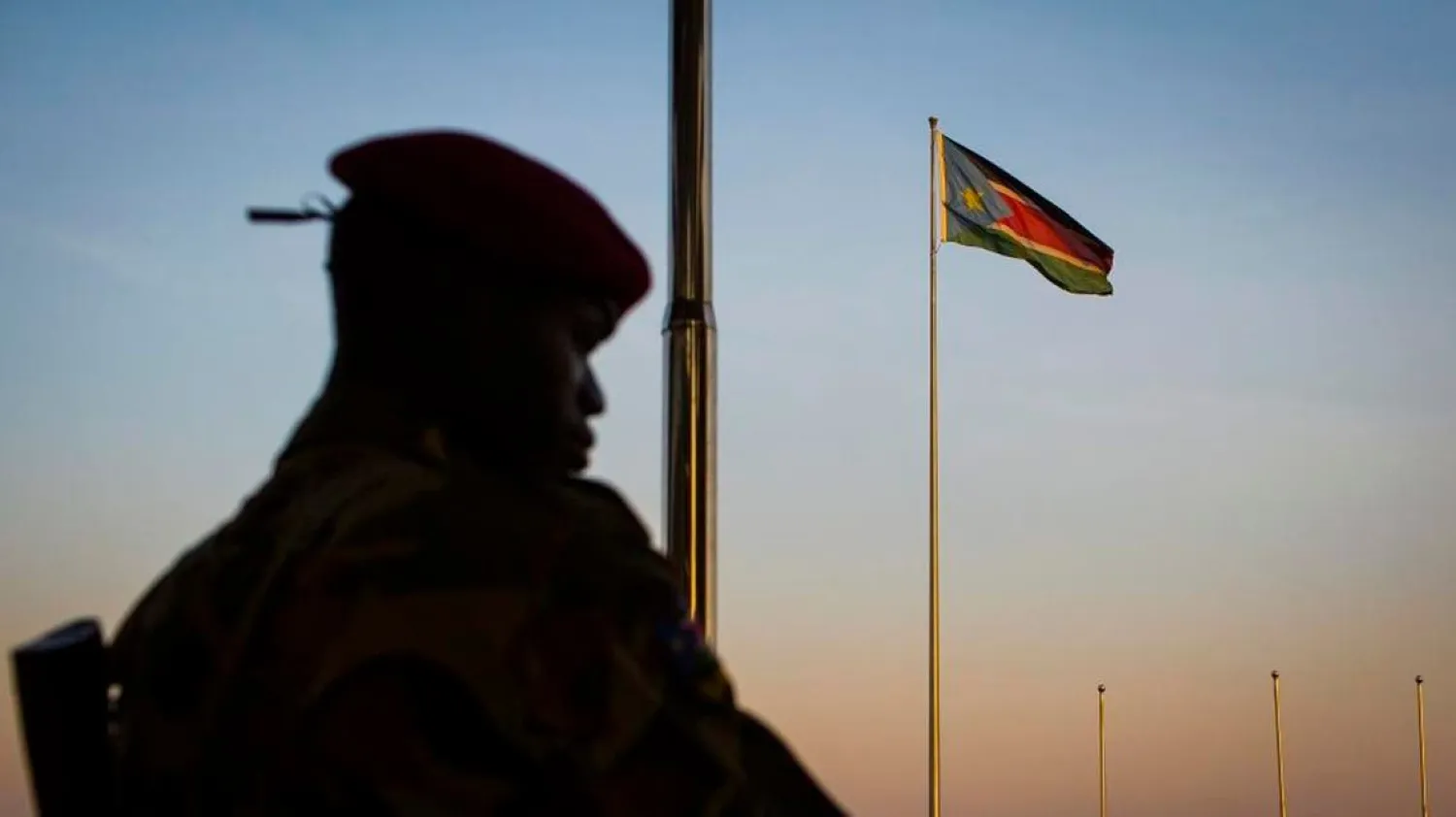North Korean leader Kim Jong Un has unveiled a battery of huge nuclear-capable rocket launchers ahead of a key congress of the nation's ruling party, state media said Thursday.
Kim is expected to detail the next phase in North Korea's nuclear weapons program when he opens a rare congress of the ruling Workers' Party in coming days.
The 600-mm multiple launch rocket system was front and center as preparations ramped up for the once-in-five-years gathering, widely viewed as North Korea's most important political event.
"When this weapon is used actually, no force would be able to expect God's protection," Kim said, according to the Korean Central News Agency.
"It is really a wonderful and attractive weapon."
Photos released by state media showed dozens of launch vehicles parked in neat rows on the plaza of Pyongyang's House of Culture, which will host the congress.
The weapon was "appropriate for a special attack, that is, for accomplishing a strategic mission", Kim told a ceremony on Wednesday, using a common euphemism for nuclear weapons.
He said the weapons system -- which was presented to the congress as a gift from munitions workers -- would deter unnamed enemies.
"There is no need to further explain about its destructive power and military value," AFP quoted Kim as saying.
"This is because it can reduce the aimed target to ashes through surprise and simultaneous attack by focusing its destructive energy."
The launch system could fire rockets with an estimated range of 400 kilometers (250 miles), covering all of South Korea, said analyst Hong Min from the Korea Institute for National Unification.
"Its primary purpose is to neutralize the combined air power of South Korea and the United States," he told AFP.
"If equipped with tactical nuclear warheads, a single battery firing four to five rounds could devastate an entire airbase."
South Korea's capital Seoul is less than 50 kilometers (30 miles) from the border at its nearest point.
Analysts believe North Korea would use its vast artillery arsenal to launch saturation strikes on the South should fighting break out.
Kim ordered the expansion and modernization of missile production in the months leading up to the Workers' Party congress.
Pyongyang has also significantly stepped up missile testing.









